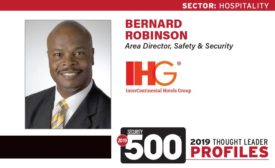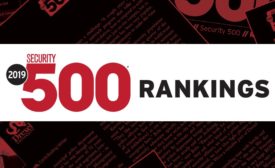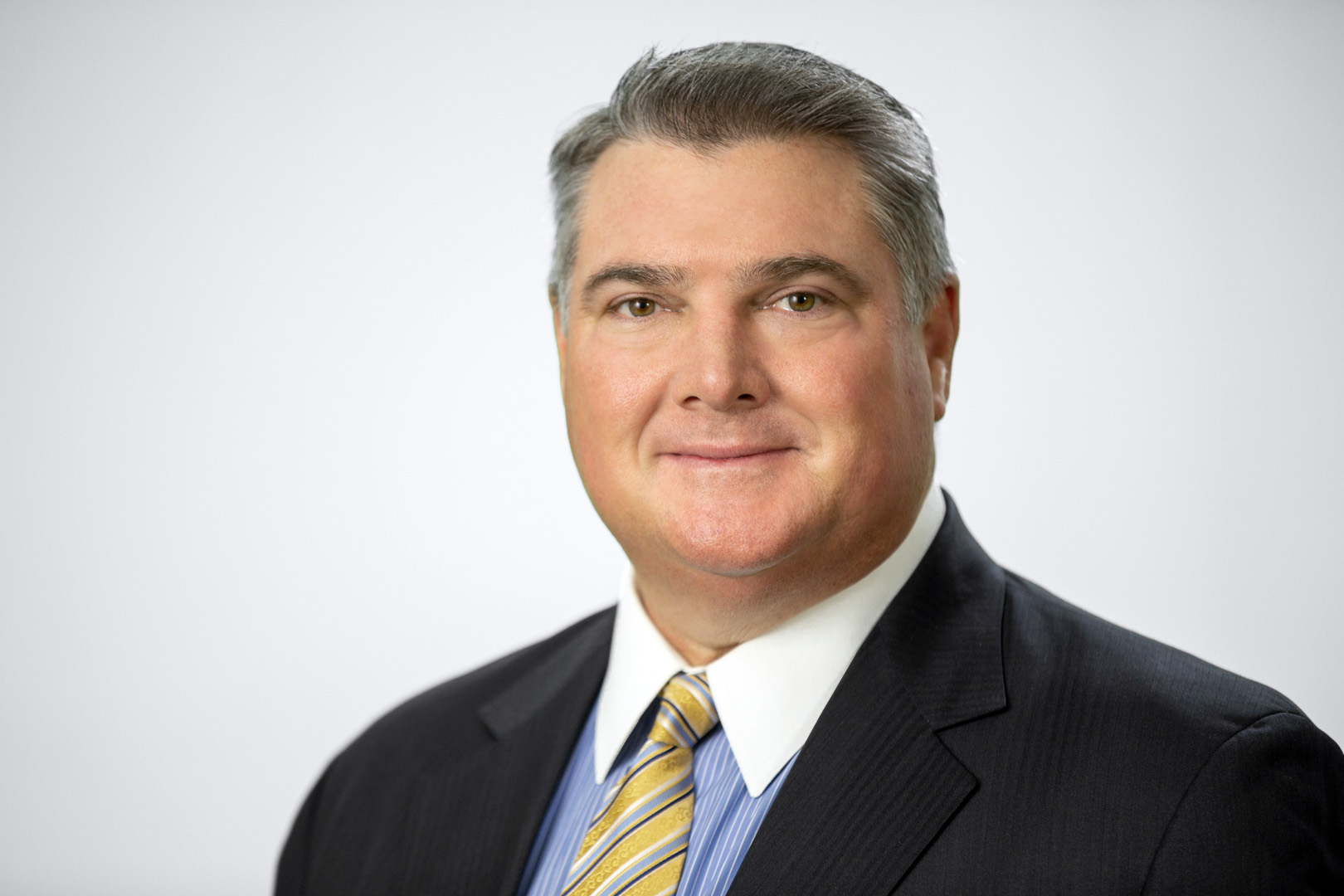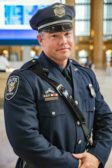Home » security officer
Articles Tagged with ''security officer''
Are Your Security Officers Fit for Duty?
Read More
Preparing to Protect and to Serve
How well-trained and well-paid security officers can benefit enterprise security
September 26, 2019
Sign-up to receive top management & result-driven techniques in the industry.
Join over 20,000+ industry leaders who receive our premium content.
SIGN UP TODAY!Copyright ©2024. All Rights Reserved BNP Media.
Design, CMS, Hosting & Web Development :: ePublishing










